You know the feeling when you are heading to a new country when your mind is full of questions and curiosity. From historical via cultural to political point of view. Namely, I have never been to Moldova before. I have been familiar with their wine and cognac culture a bit and their poor economical situation among the European standards. That information is not difficult to find anywhere, they seem like a kind of fundamental knowledge about. Cliché which has to be known. But that’s probably it. Such superficial, isn’t it? Nevertheless, Moldova is much more complicated and rich and it should not be any surprise for anybody, really. So, lets get to be deeper familiar with Moldova. At first lets see why April is so important for huge part of Moldovan society. It is a sad story, actually.
These days of early April 2014 are right five years since so called Grape Revolution in Moldova has been started after parliamentary elections in 2009 which won Party of Communists of the Republic of Moldova (PCRM) with majority of parliamentary seats, with almost 3/5 of seats required for the party to control the presidential election. For big part of Moldovan society, mostly youngsters, students and other people who still could and wanted to dream about better future in the sense of the 21st century it was a category of nightmare, indeed. To spend next four years with this same corrupted, oligarchic and so called communist party (and finally one colored government) which maximally has ever seen communism from a fast going train, as we generally say in Czech when the phenomena is more linked to hypocrisy than reality, was an imagine which nobody from those people wanted to let happen.
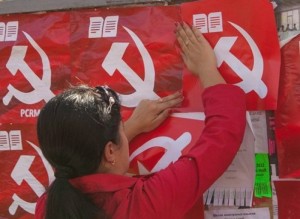
Thus protesters wanted to recounted the elections as they were sure it was all fraudulented, but government and other state institutions responsible for proper democratic processes did not have the same opinion. So, heavy protests and street riots would start. Moldovan civil society had raised after very long time and that time police brutality to humiliate its own citizens were coming faster, stronger and uncontrolled than they even could imagine.
“They kept us 5 – 6 hours with our hands up against the wall. Because of the cold and the stress, I was shaking uncontrollably and incessantly. But the fear was even greater: if someone moved or cried because of the pain, stronger hits would follow immediately. At the time I though we should move but, rather, endure, so that I would avoid being beaten severely,” Nicolae, 23 years old.
“I was beaten very hard but I thought that the other guys were suffering even more than me. Their suffering affected me even more especially since I could not help them with anything. For example, one of the guys I was sharing my cell with had his ribs fractured and could not breathe properly. He did not get any medical assistance and I did not know how to help him out,” Ion, 27 years old.
“In those four days, that seemed to last an eternity, I lost about five kilograms. The first night home I slept very well because I was very tired. But in the following nights I started to have nightmares. I would often have dreams of the policemen, beatings, blood and other miseries. I would often see myself in the cell again. I would wake up scared, sweaty, with a racing heart beat and at first I would not even realize that it was just a dream,” Roman, 23 years old.
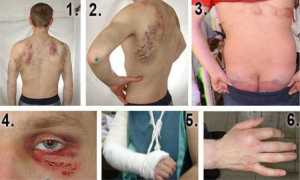
“They showed me some pictures printed on an A4 sheet but this time they insisted that it was me in those images. After a very strong blow to my head, blood began pouring from my nose. The officers began yelling at me for making the carpet dirty. I was taken to a sink to wash myself and then given cloth to wipe the blood from the floor in the office where I was beaten. I was shaking and thinking that it was a nightmare from which I would soon wake up,” Denis, 23 years old.
“They were hitting my head and back with their fists and plastic bottles filled with water. They asked me: “Do you like beer?”. I told them that I drink beer once in a while and a strike followed. Then they repeated the question a few times and each one was followed by a strike with the fist or the bottle, saying: “Consider that each time you get hit you drink a beer”. I think they were referring to the dizziness that followed each of the stronger hits. Several times they took me to the window and threatened to throw me out and then shoot me because of an “attempt to evade”,”Radu, 34 years old.
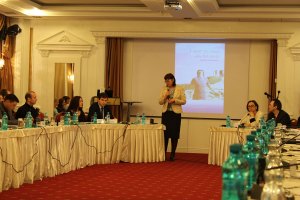
These and much more detailed testimonies you can find in brave new book as a collection of testimonies called “I want to dream and fly again”, which has been published by the Rehabilitation Center of Torture Victims „Memoria“ (RCTV) and was presented on Thursday April 3rd at RCTV’s conference accordingly to the 5th anniversary of April 2009 events. Book containts together eleven hardly believable testimonies by different people who cooperate with RCTV and have got heavy experience with police brutality, torturing and other various methods from the box called torture, inhuman and cruel treatment. RCTV provides them help in the fields like law and advocacy or psychological and therapeutic treatment as victims usually suffer due to so called Post Traumatic Stress Disorder1.
However, five years are not just an anniversary, it is significant anniversary in fact that five years term is the limitation period pursuant to Moldovan law. Most of all „April 2009“ cases have not been solved never and thus never might be. Amnesty international with other NGOs on Sunday March 30th organized public happening in front of the Parliament called “funeral of the cases” where they were altogether demanding justice and further investigations. Perpetrators have not got any chance to face justice and it is nothing more or less than frustration for all victims, their relatives and consequently for all Moldovan society.
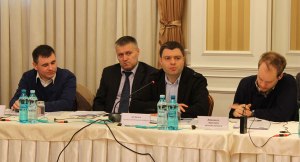
In Moldova, according to information what I have got at the conference, Police is still not under decent civil control, but it’s pretty much controlled by an oligarchy and/or its high officials are often driven by secret services, too. It means that what happens behind the walls of all police stations is not transparent yet, it is hard to investigate and most of the police background and decicion making is still much more based on informal political influence where secret service plays its own role. Unofficial forces have still much more power to affect Police than those who have got a real mandate to do it. Thus Police can still be in some way of meaning quite untouchable.
All of that is characteristic result because of the institutional weakness of Moldova and the lack of civil mechanisms which can contribute to make a better managing as well as control and furher developing of all repressive state institutions. Therefore, Moldova has to work on strengthening its (civil) institutional structure which under good governance ideally takes care of itself including system of justice where judges must be independent and defend justice not interests of the oligarchy. Otherwise there is no chance for real democracy.
—
1http://www.nimh.nih.gov/health/topics/post-traumatic-stress-disorder-ptsd/index.shtml
Other sources:
RCTV Memoria
http://www.memoria.md/p/0/Home
True Moldova
http://truemoldova.blogspot.com/2009/04/moldova-first-class-trip-into.html
Amnesty International, Moldova
http://www.amnesty.md/media/7-aprilie-2009-cinci-ani-de-ignoranta/
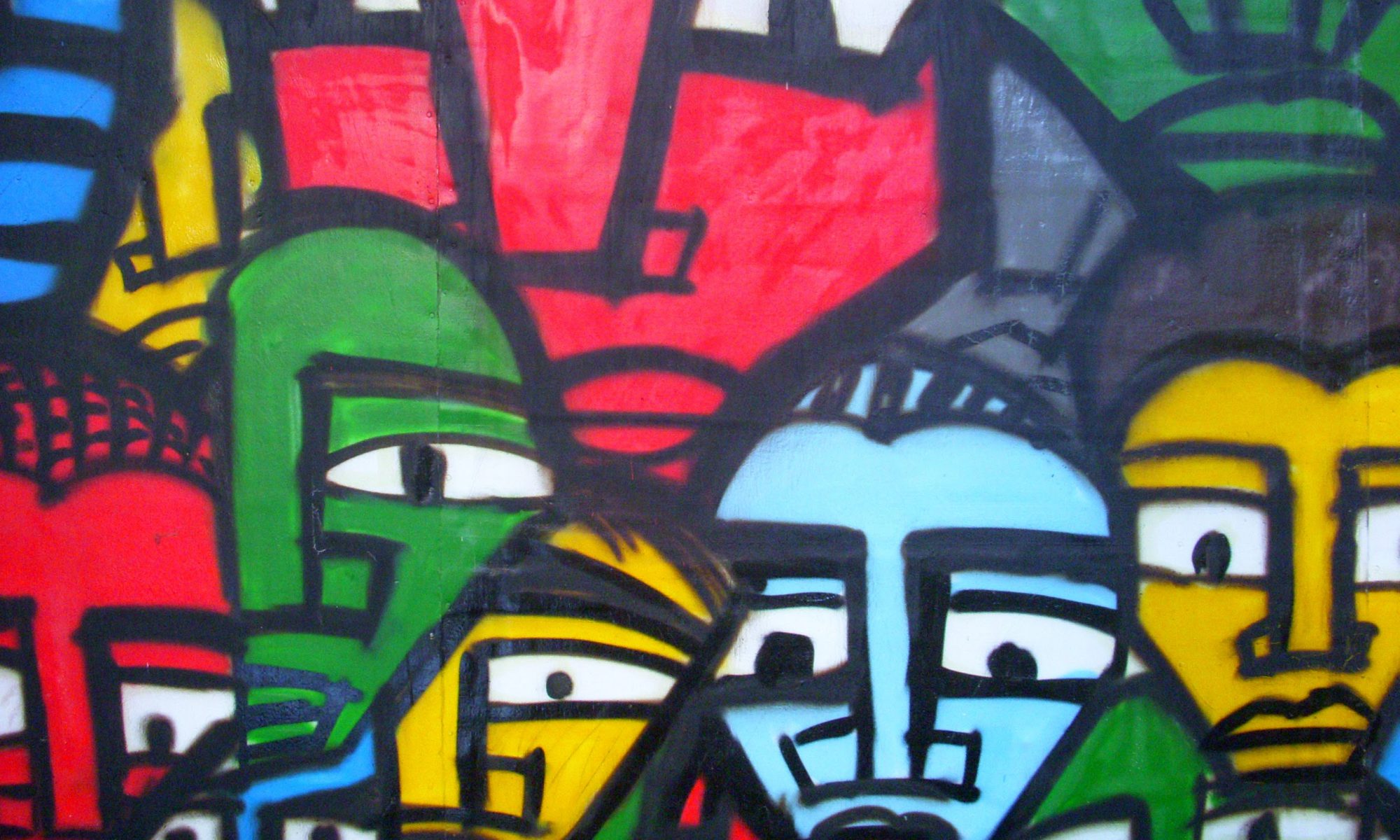
7 April intervened after 8 years, during which was enough to get in this revolution as each of us has friends, apropriati and companies, and Will continue in the future such incidents are not you can get, but yet to participate problem with statu in prison ,the interests of some and others that pay dearly .Faceti, and I have school in the EU and instaruativa now in cherem .